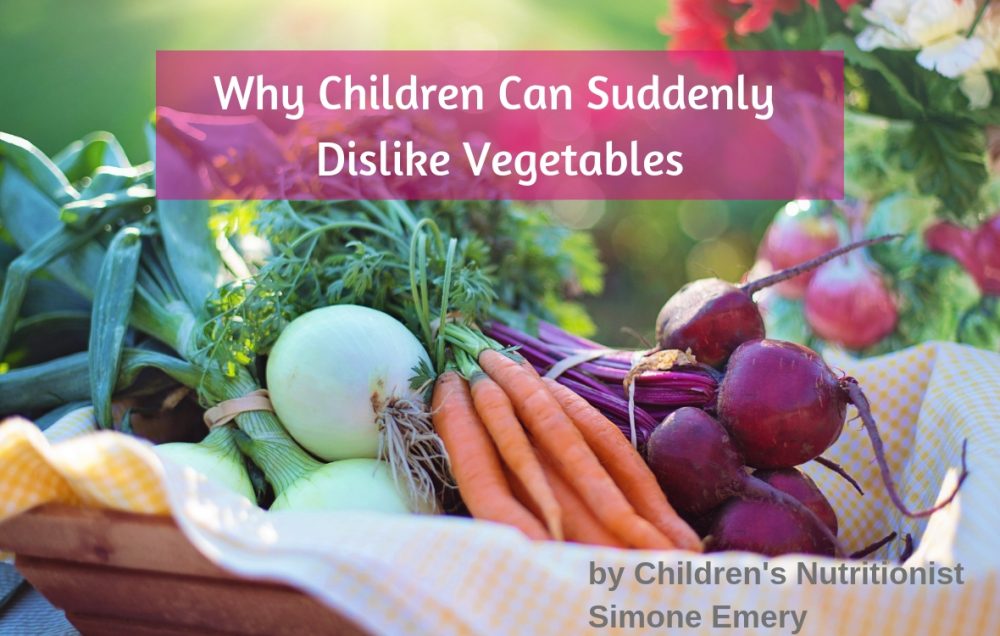Enabling equality
Recently it was International Women’s Day, and the theme was ‘An Equal World in an Enabled World’ #EachForEqual. There is much to celebrate, yet there is much we can bring to bear.
The majority of women are mums, and mums have the most powerful job in the world because they are the ones who shape and have the most significant influence on society and culture.
When mothers unite, they can do so much more than they ever anticipated. Women have babies who grow up and become individual members of the next generation — both men and women.
Acceptance of all
It’s what happens in a child’s growing and developing years that matter most, and this is where women can largely shape the future of society through the impact they have on children.
For the first few years, family and friends surround a child. These people love, protect and nurture the child by accepting them for who they are. A child adapts to a different environment when they attend childcare centres and preschools in preparation for the upcoming school years.
Unfortunately, this is when bullying often commences, and they learn that the world can be a cruel place which leaves them hurt and saddened, affecting their mental health. Bullying leads to domestic violence, so it is vital that we, together, work together to eliminate bullying at every opportunity.
Starting with a child’s environment makes sense. Imagine if one childcare centre or one school focused on positive character traits and keep instilling in children positive behaviour such as kindness, caring, compassion and understanding. What would that environment look and feel like to your child and how keen would you be to have them attend?
Children, as well as adults, serve themselves better when they learn to accept each other with all of our differences. Nobody is the same. We all achieve so much more together than we would alone. The person who benefits you most is the person who is most different from you. It is from this person that you learn the most.
Boundaries are required
When we guide children to be kind to each other clear boundaries are needed when they treat or talk to, each other in a derogatory manner. Teaching children that the world includes many different people who all have different likes and dislikes is of significant consequence. Regardless of what anyone likes or dislikes that is different is no reason to be rude and impolite, it is an opportunity to learn and explore what we have in common as well as learn from our differences.
Asking a child how they could phrase themselves differently while still being honest, and tactful causes them to think and develop communication skills that benefit them throughout their life. We could all benefit from that exercise.
Fences placed around schoolyards and child care centres help a child feel safe. Everyone feels safer. The children know their boundaries, the parents know the location and confinements of their child’s physical presence, staff feel less stress when limits are in place, and the borders have no escape options.
A fence is a physical boundary. Implementing a boundary on how children are to treat and speak to each other benefits not only their physical boundary but supports their emotional and intellectual boundaries. Many children suffer from anxiety, and mental health issues are on the rise, especially for our young adults. Establishing limitations that encourage positive words and actions builds ethical foundations in our communities.
Independent thinking
Educating a child and encouraging them to think for themselves is the getting of wisdom. Understanding when to say nothing and keep quiet is sometimes the best course of action to take.
Having an opinion about everything is essential. Sharing opinions displays confidence but thinking or believing your opinion is all that matters shows ignorance.
As children grow older, they will need to make decisions that will have long term consequences. Choices they will have to make will be whether or not to take the cigarette offered or the alcoholic drink that someone got for them even though they are underage. Getting a lift with a friend, or a friend of a friend who is not capable of driving due to drugs or alcohol, or popping a pill supplied at some rage party not only impacts them but family and friends who have to deal with the consequences.
Encouraging a child to think ahead, consider potential outcomes and then decide for themselves builds their confidence, not to mention wisdom. Otherwise, people follow the masses without thought or consideration for anyone but themselves.
Living authentically
Children taught to accept and respect others regardless of differences have the opportunity to learn about situations and circumstances that are different from their own experiences.
The more you learn about someone, the more you understand them and their behaviour. The more someone feels understood, the more comfortable a person is in your presence, the more they live their life authentically in the presence of those that accept them.
Do you wonder how your child would feel to be accepted, supported and encouraged at school and home? How would you feel knowing that this is the environment your child lived? One of the things you can do, as an individual woman, is settling on a plan of action to role model this behaviour to your child so that they have someone to look up to and learn from — be the person you want your child to be around when they are not with you — be your best self.
You may also like to read:
International Women’s Day 2020: A Letter To My Daughter









